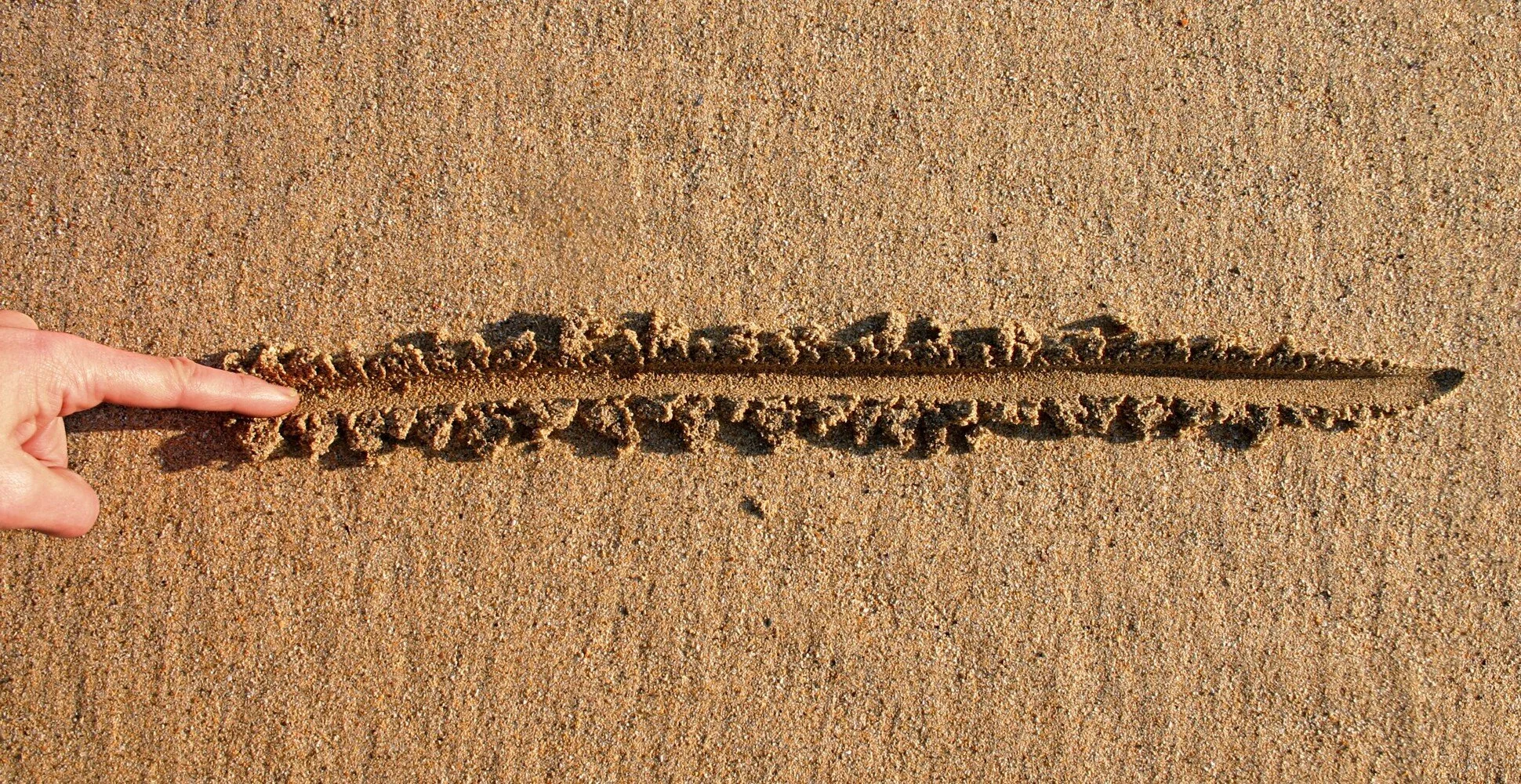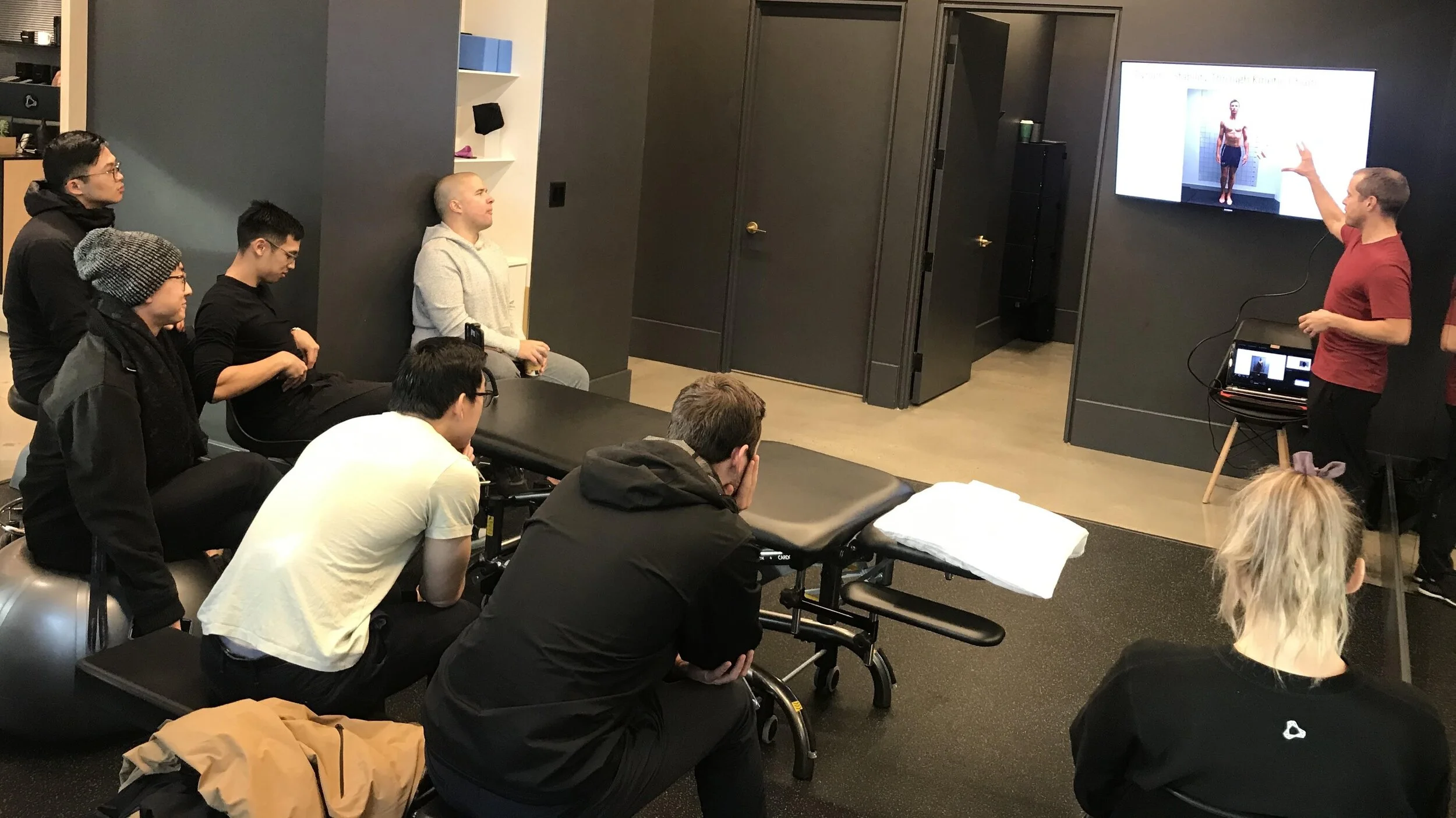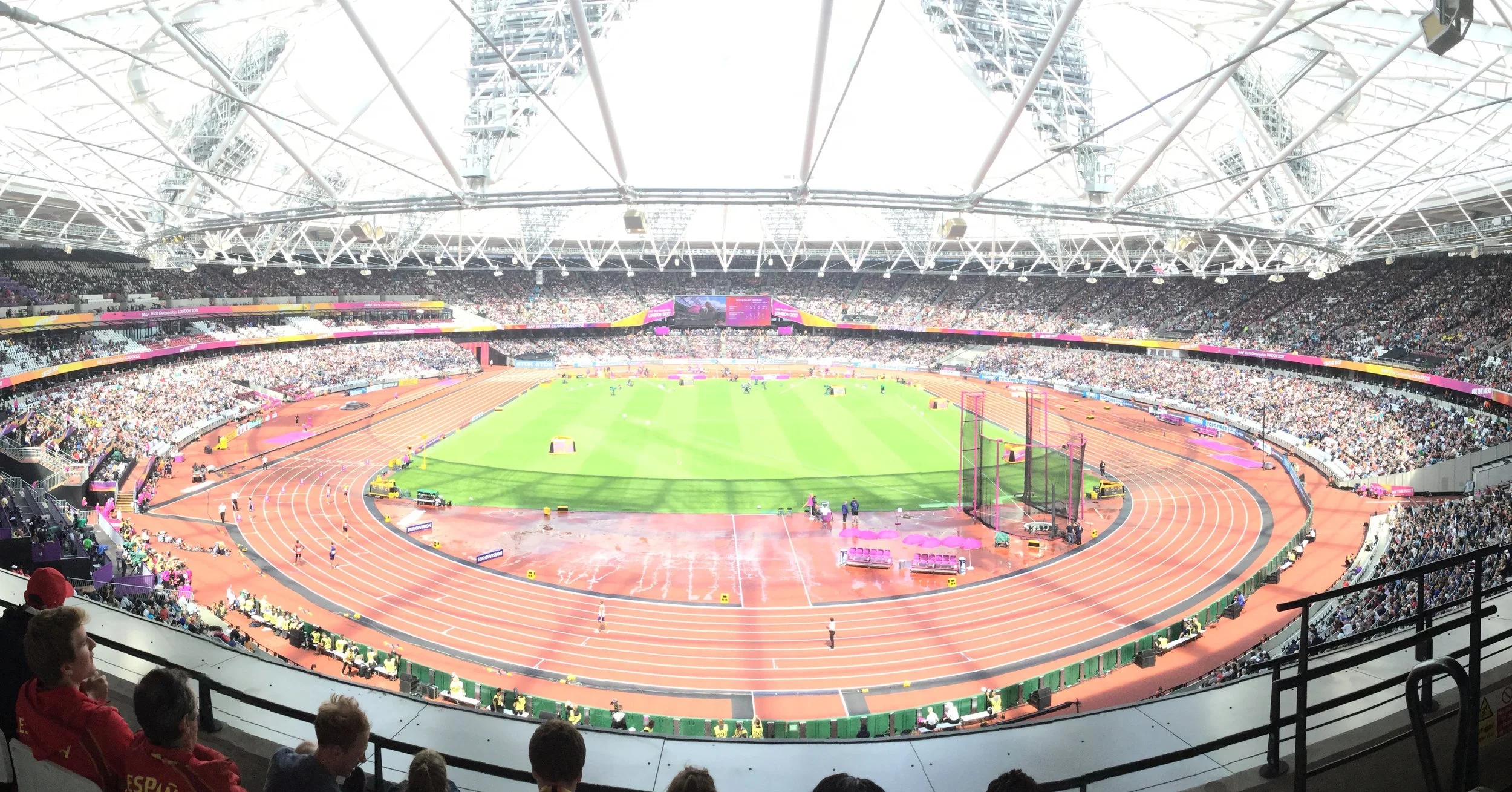Coaching is characterised as a judgement and decision making process. Practitioners and indeed most professionals who work in human performance are de facto coaches of humans. As such, the quest that unites coaches in different sports and practitioners across disciplines is to develop our professional judgement and our ability to make better choices and decisions over time. There is no endpoint to this journey and so the need to continually hone our judgement and decision making applies irrespective of what stage we are might be at in our career. That said, the question of how we best develop these skills for practitioners at the start of their career versus catering for these aspects in continuing professional development thereafter will likely require different solutions.
Where Do We Draw the Line in Elite Sport?
Recent scandals, including multiple allegations and criminal cases of serious abuse, have rocked sport around the world. Arguably the most egregious example is the case of USA gymnastics, which should serve as a cautionary tale for everybody involved in sport at all levels. Against this backdrop, there has been something of an avalanche of allegations of bullying and improper conduct that are presently playing out in the public sphere. In turn, this has prompted calls for national sporting bodies to be less obsessively driven by winning medals. The perils of the ‘winning at all costs’ mentality have been cited as the reason behind the toxic environments and climate of fear that has been alleged in multiple sports, notably in the investigations that are presently ongoing within the UK. But of course winning on the world stage does come at a cost, both financial and personal. So where should we draw the line?
Continuing Our Education
As many practitioners will testify, it is after we have completed our formal education, professional training and certification that the real learning begins. The day to day experience of solving problems with live humans is when we discover the limits of our knowledge. It is also here that we find out that the reality is quite different to what is taught in class and the version that appears in (most) textbooks. Individuals, organisations and certifying bodies alike recognise this need to continue our learning once we are working in our respective field. The terms continuing education, continuing professional development and variations thereof will be familiar to most practitioners across disciplines (sadly it is not so well established in the coaching profession). What is less clear is how we might best tackle this ongoing quest and make good choices from the growing array of options with regards to content and the modes of delivery that are available to us.
Realities of 'Performance Consulting'
It is increasingly prevalent for forward-thinking individuals within various organisations to seek insights from other domains and explore novel practices that have been applied with success elsewhere. Coming in as an outsider also allows the separation and distance that is necessary to offer an objective assessment of where things currently stand. In either scenario it is becoming more widely recognised that there is merit in seeking out different perspectives. A different way of considering the problem naturally opens up new possibilities for solutions. One route to achieving this cognitive diversity is via recruitment and employing individuals different backgrounds importing expertise from overseas bring experiences from other sports. An alternative strategy as we will explore is to engage individuals in a consulting capacity.
Rejecting the Industry
Practitioners across different domains will be familiar with their field of practice being referred to as an 'industry'. We frequently hear mention of the strength and conditioning industry, the sports physiotherapy industry, even the sports coaching industry. In this post we consider these trends for terming our professions in this way, and explore why an 'industry approach' might be problematic. From these discussions we can attempt to plot a path back to cultivating our craft, and restoring pride in our chosen profession by rejecting this ‘industry’ mindset.
Ego is the Enemy of Discovery and Progress
It is a common viewpoint that ego stunts personal growth, and most would agree that ego undermines our effectiveness as coaches and practitioners. What is less often considered is that unconstrained ego similarly obstructs progress and discovery in the areas of scientific study that exist to inform practice. At present the respective disciplines encompassed within coaching science, sports science and sports medicine are plagued with these difficulties. Einstein famously quoted to the effect that ego has an inverse relationship to knowledge – “more the knowledge, lesser the ego; lesser the knowledge, more the ego”. Yet researchers in the fields of sports science and sports medicine are showing themselves to be particularly prone to ego and the excesses associated with it. In this post we tackle the issue of ego in sports science and sport medicine, and attempt to plot a path back to sanity.
Major Competition Coaching
Major competition poses unique challenges not only for the athlete, but also the coach and wider support staff. From a logistical viewpoint there are a host of additional factors to manage, but on a more personal level, each member of the team must also manage themselves and how they interact with the athlete. In the crucible of a major competition environment the mettle of all individuals concerned is tested, and every member of staff connected to the athlete has a responsibility. In this post we will dig deeper on this topic, and explore ways we can support athletes in handling the pressures to compete at their best on the biggest stage.
Nuance - The Path to Enlightenment in Athletic Preparation
Nuance is an under recognised keystone of practice in elite sport. We have spoken previously about critical thinking as a critical skill for coaches and practitioners in the Information Age, as a means to evaluate and integrate information from different sources. Nuanced understanding is critical for the steps that follow. Nuance is required to derive real meaning from the knowledge acquired and make use of it. Nuance is also critical to cope with the complexity inherent in human performance. In this post we will make the case for practicing nuance as an active skill in order to combat the epidemics of superficial knowledge and binary thinking.
Resurrecting Critical Thinking
In the Information Age the propensity for critical thinking has become arguably the most critical skill for practitioners in all fields. In the present era, with unprecedented access to a vast sea of information at the touch of a key stroke, the ability to filter and to critically evaluate are paramount. This is the great irony of the Information Age; at a time when the need has never been greater, critical thinking is seemingly a dying art. Increasingly we are plagued with superficial knowledge and incomplete understanding. We are beset on all sides by spurious reasoning and a preponderance of facile solutions. In this post we argue there is a need to resurrect critical thinking; we must understand the true meaning of skepticism and embrace it. Here we present the case that rediscovering these faculties will allow us to negotiate our way to free thought and provide the tools for independent learning to attain deeper understanding.
'Practitioner Health' - Making Practice in Elite Sport Sustainable
In the spheres of performance science much attention is paid to 'athlete health'. It has become widely recognised that lifestyle factors are critical, not only mediating performance and training adaption, but also impacting upon injury and illness. Despite such growing awareness, until very recently the notion of coach or practitioner health has not been widely considered in the same way. For the first time, important discussions on the topics of coach and practitioner health are being held more widely. For instance, coach health in the field of strength and conditioning was recently featured on the very popular Pacey Performance Podcast. These discussions have raised important issues in relation to the unique challenges presently faced by practitioners operating in the information age. In addition to exploring these issues in more depth in this post, more importantly we will examine strategies and tools to help negotiate these challenges, and ultimately find a way of working that is sustainable in the long term.














